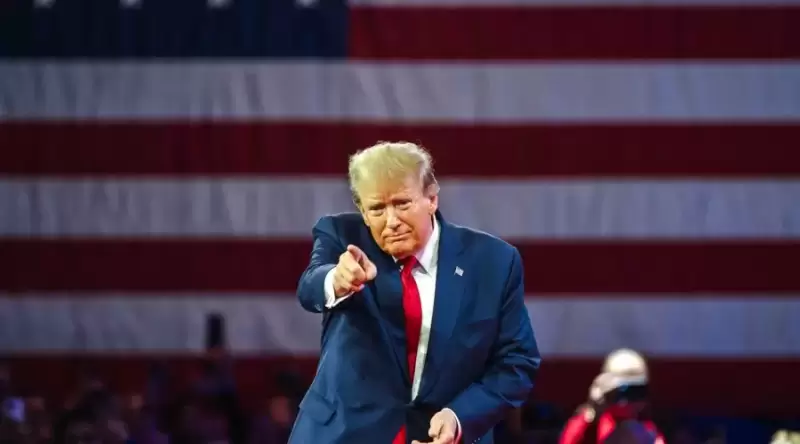David Sacks, the newly appointed White House Crypto Czar, has made waves in the digital asset world by classifying non-fungible tokens (NFTs) and meme coins as

David Sacks, the newly appointed White House Crypto Czar, has classified non-fungible tokens (NFTs) and meme coins as “collectibles” in a recent interview with Fox Business. This perspective shifts the narrative around these digital assets, framing them more in common with physical collectibles like baseball cards and rare stamps than traditional financial assets such as stocks or bonds.
According to Sacks, these digital assets like NFTs and meme coins fall under a different category from securities and commodities. Instead, they should be viewed similarly to cherished physical memorabilia that people acquire to commemorate important events or figures, drawing a distinction between assets driven by speculative investment and those valued for their cultural or nostalgic significance.
His statement is particularly relevant given the ongoing debate surrounding the regulatory treatment of digital assets. NFTs and meme coins have come under scrutiny as their value often fluctuates drastically, raising concerns about investor protection.
While Sacks' remarks represent his personal perspective and not an official government stance, they could have significant implications for how these assets are regulated going forward. The classification of NFTs and meme coins as collectibles could shift the focus of regulation, placing greater emphasis on the cultural or artistic value of these assets instead of viewing them solely through a speculative lens.
This new framing may also pave the way for clearer guidelines on digital asset regulation, providing much-needed clarity for creators, investors, and businesses involved in the NFT and meme coin markets. It signals a possible shift toward regulation that focuses less on restricting innovation and more on ensuring consumer protection in a rapidly evolving space.
As the crypto market continues to mature and new digital asset classes emerge, Sacks' perspective may help shape future policy discussions, balancing the need for regulation with the desire to foster growth in the space. For now, his comments are likely to spark further debate on the regulatory treatment of NFTs, meme coins, and other digital assets that continue to redefine the boundaries of traditional finance.
Disclaimer:info@kdj.com
The information provided is not trading advice. kdj.com does not assume any responsibility for any investments made based on the information provided in this article. Cryptocurrencies are highly volatile and it is highly recommended that you invest with caution after thorough research!
If you believe that the content used on this website infringes your copyright, please contact us immediately (info@kdj.com) and we will delete it promptly.




















































































